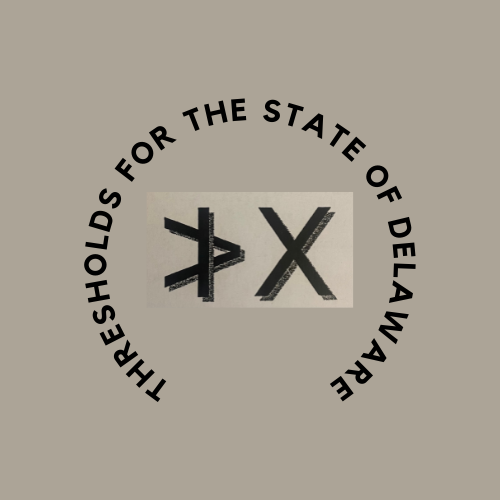Background and History
The Thresholds program was developed by Milton “Mickey” Burglass who was a former inmate at the Orleans Parish Prison in New Orleans, Louisiana. He was incarcerated in 1965, at the age of twenty-four, on charges involving financial manipulation.
While in prison, Burglass was involved in the literacy program and observed that on average it took much longer for an inmate to learn to read than it did for the general population. Testing showed that the inmates had trouble solving problems and making decisions. When training in decision making was included along with the reading lessons, the inmates learned to read in a shorter time than the general population.
After being released, Burglass continued his education and developed the Thresholds program as part of his graduate studies at Harvard University. He now holds degrees in public health, theology, psychology, and medicine.
In the early 1970’s, Burglass founded Correctional Solutions, Inc., a non-profit consulting firm in corrections and education, based in Cambridge, Massachusetts. He and Mary Grace Duffy published the original Thresholds Teacher’s Manual in 1974. Mickey first taught Thresholds in the Bucks County Prison, in Pennsylvania. He also held teacher training sessions in New England, New York, and Delaware. Thresholds quickly spread to other states along the east coast with the help of federal grants and the sponsorship of local charitable organizations.
All Thresholds chapters are autonomous : staffed, supervised, funded, and administered at the local level. Chapters in Pennsylvania and Delaware are now affiliated with Mid- Atlantic Thresholds. Northeast Thresholds encompasses the New England states and New York. There are also chapters in Louisiana, Tennessee, Florida, and Illinois.
While Burglass is no longer formally associated with Thresholds, he says it will always be a part of him. He visited the Delaware State Correctional Center in 1982 and had this to say:
"There is no greater teacher than the jailhouse. I wouldn’t want to go back for a hundred million dollars, but I wouldn’t trade my years in prison for all the money in the world. If I hadn’t gone to prison I would have lived in one of my own making for the rest of my life. To remain a human being in the midst of this is the toughest task anyone ever undertakes. I feel for people who have never had the good fortune to hit bottom, as a result of their own doing, and recreate themselves from the dust.
All the things I have, and all I do, came with the realization that I could decide about my life. I’m still intoxicated with the thought that I am unique, important, and irreplaceable, and that I have the power to decide. The deepest level of what it means to decide, and not react, is that you are not a bit player in someone else ‘s movie. . . not just a passenger, but an active participant. . . hooked up to something that has no beginning and no end. . . part of the process. . . able to create the future.
Thresholds came out of my experience in the jail, but I don’t want to own it. It belongs to you; not from me but through me, and through you as a teacher, so that finding life can happen to others as it did to me. The way to say ‘thank you’ is to pass it on."
(Repurposed from Thresholds of Delaware County, Pennsylvania Website)

